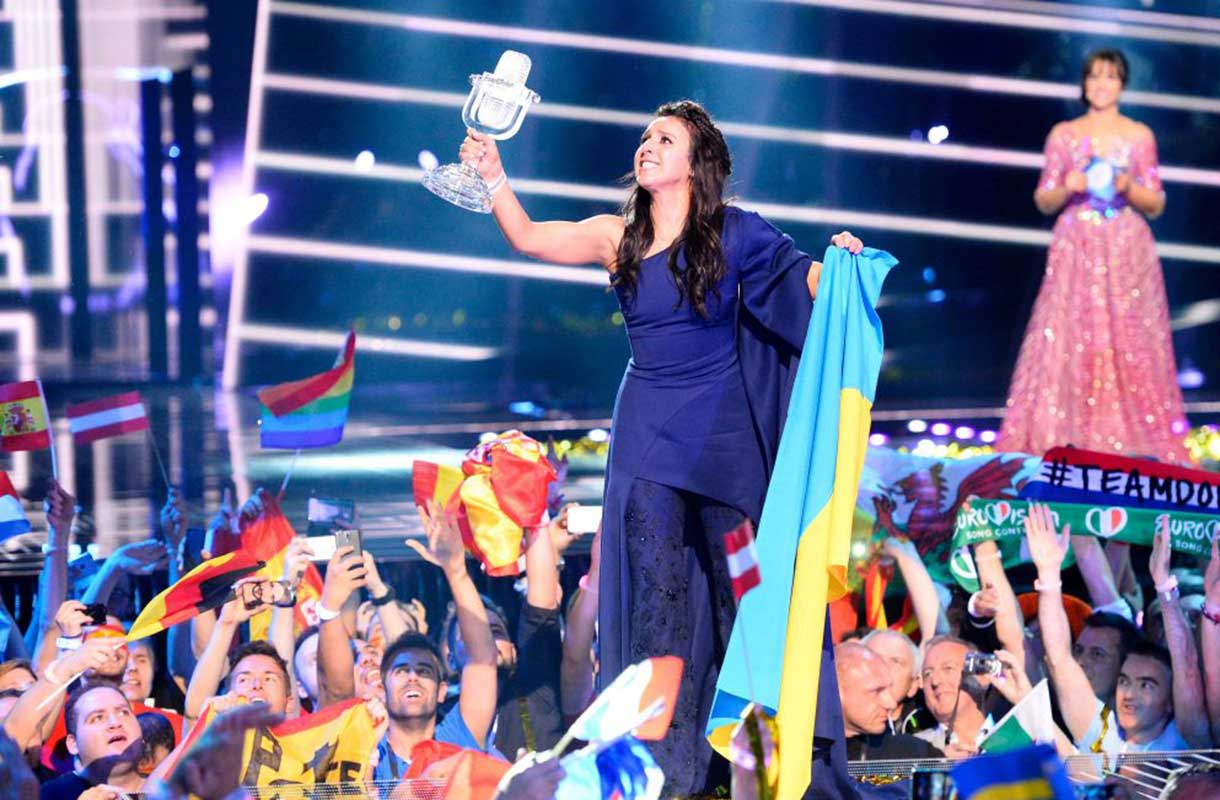The Only Way is Ethics: We shouldn’t let the internet’s penchant for literalism kill irony and sarcasm in journalism

Unlike my colleague Sean O’Grady, I love Eurovision. When, on Saturday evening, my wife turned to me and said that she wished I was representing the UK in Stockholm’s fabulous music-fest, it was possibly the best thing she has ever said to me. Not that I’d be any good. Then again, given the UK’s perennial position towards the bottom of the points table, I presumably wouldn’t do much worse than any other Joe, Jake or Harry.
However, while I was soaking up the annual squall of Euro-campery, a piece Sean had written on Friday about the contest appeared to have created its own storm in one corner of the continent. His article for The Independent website, headlined “I hate Eurovision – it’s corrupt and borderline racist”, was a personal appeal against the contest’s record of politically-motivated voting and the perceived stereotyping by some of its UK fans of the other participating nationalities. To illustrate his point, the piece ended with an ironic description of Albanians being laughed at by facile, xenophobic Eurovision viewers, who would merrily find that nation intrinsically funny – “even the mafia, the people smugglers and the drug dealers”.
In a humorous piece which castigated the casual racism of “the Eurovision thing” it ought to have been clear that this description of Albania was not intended to be serious. It certainly wasn’t suggesting either that the country was a joke or, to the contrary, that all Albanians are criminals. But not everyone got the rhetoric.

This literalist approach on the part of readers can’t be blamed entirely on the internet. There have been plenty of occasions when I’ve received complaints about print articles which were taken completely, and unwisely, at face value. But the web has increased the potential for misunderstandings. For a start, readers will often dip and out of various publications, reading a piece here and an article there. They may, as a result, have less sense of a single publisher’s output as a curated whole. A single item can therefore be viewed without the wider context of the publisher’s general approach, or even the specific writer’s usual MO. Into this vacuum fall myriad assumptions about intention.
Pitfalls are deepened by the way material is shared online. If one reader mischaracterises an article on Twitter or Facebook, others pile in – sometimes without reading the piece for themselves. Misinterpretations become self-perpetuating: remember memes don’t have to be true to be effective.
I wonder too whether the seemingly endless distrust and disparagement of the mainstream media plays into the desire to find offence where none has been offered. In the prevailing narrative, journalists are regarded as anything from duff mavericks to establishment whipping-boys – untrustworthy either way. And just as establishment politics has been shaken up by the populist appeal of seeming outsiders like Trump, Corbyn or even Johnson, so there is a feeling that people power can crush the hated ‘MSM’.
That granular egalitarianism is all to the good in theory. Its problem in practice is that it pays no heed to nuance, or even to facts. So a journalist describes a nation in ironic terms to make a rhetorical point about the nastiness of casual racism, but is then accused of being a racist. Likewise, to take the Brexit debate as a political example, ‘inners’ can warn of the complex financial hazards of a vote to leave, only to discover that all people are really interested in is whether the EU has developed an institutional goosestep and toothbrush moustache.
The internet is a wonderful thing – yet its paradox is that by offering endless information, it has levelled the playing field between truth, however nuanced, and falsity, however rank. It is as much a friend to the era of conspiracy it sometimes feels we are entering, as to the age of reason to which we must surely cling.
Irony and sarcasm, when used appropriately, are essential rhetorical devices; and we won’t be dispensing with them in favour of a kind of base literalism simply for fear of causing the occasional misapprehension. Mind you, when it comes to Albanians, I’ve never met one that wasn’t charming.

Join our commenting forum
Join thought-provoking conversations, follow other Independent readers and see their replies
Comments